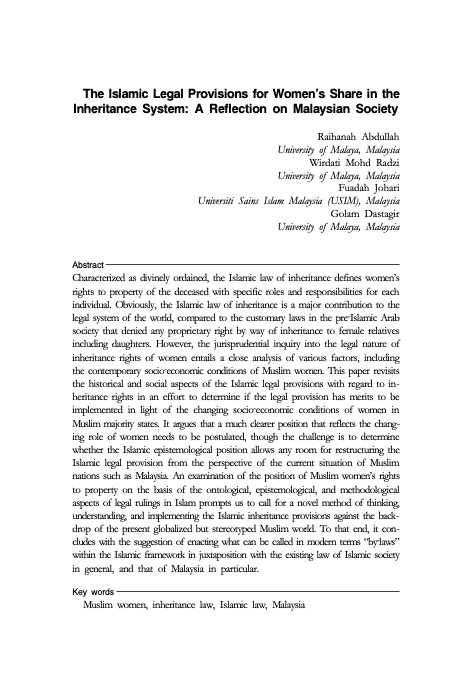Lograr el consenso sobre la gobernanza de la tenencia
Este documento describe la perspectiva de las partes interesadas sobre el desarrollo de las Directrices voluntarias sobre la gobernanza de la tenencia. Estas directrices representan la mayor medida de un “terreno común\" sobre la gobernanza de la tenencia que se ha encontrado hasta el momento en el foro mundial. El consenso fue desarrollado por medio de negociaciones intergubernamentales con la participación de la sociedad civil, el sector privado e instituciones académicos y de investigación.





